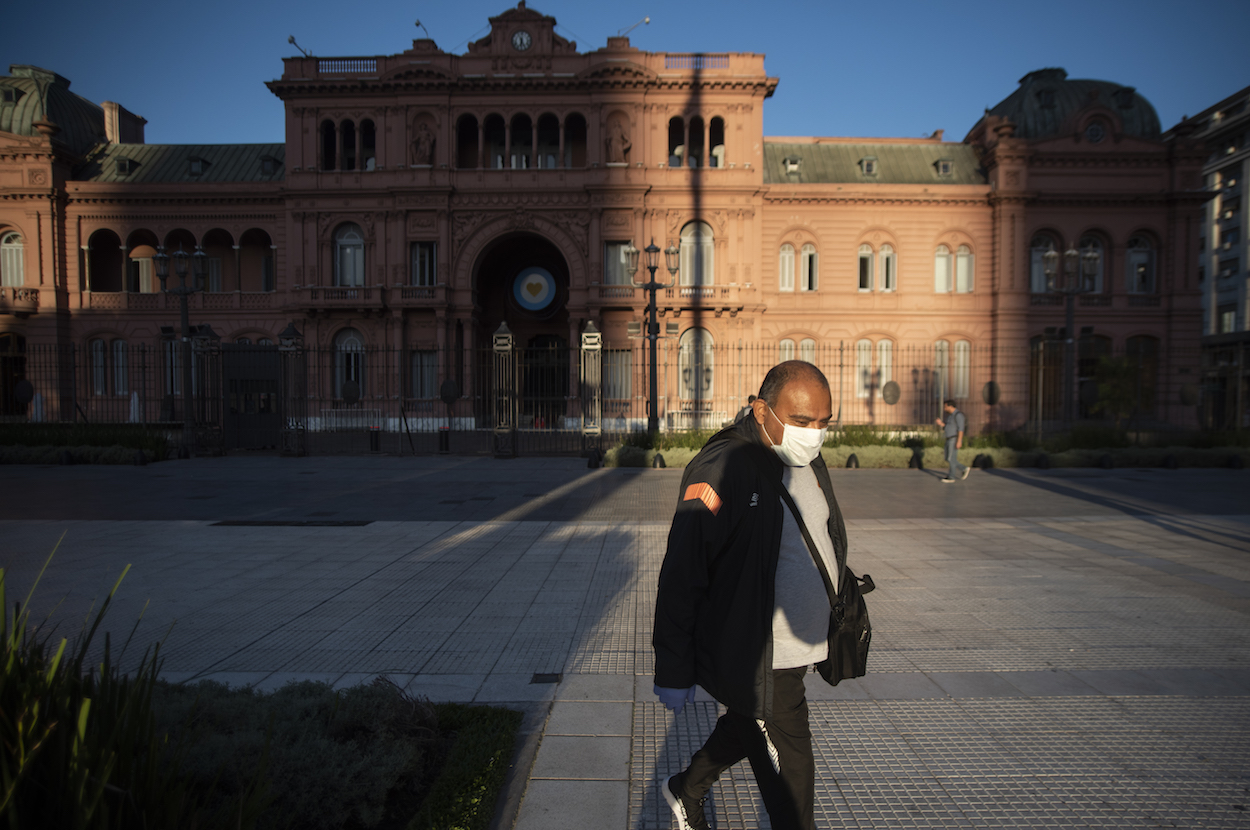Sign up here to get This Week in Latin America delivered to your inbox every Monday.
Education Reform in Mexico: The CNTE teachers’ union says it will not return to classes today for the start of the new school year. Union members have for months been protesting an education reform package that would require teacher evaluations and curtail the practice of members purchasing or inheriting teaching positions. The CNTE says the reform is unfairly weighted against teachers in rural areas, and have called on the government to meet a list of demands to alter the proposed laws. The teachers’ strike will be most widespread in the restive states of Guerrero, Michoacán, Oaxaca, and Chiapas, where the CNTE exerts considerable power over local politics and recent demonstrations against the reforms have led to violent clashes with police.
Dilma Testifies: With the Olympics in the rearview, the last phase of a Senate impeachment trial against Brazil’s suspended President Dilma Rousseff will get underway on Thursday. Rousseff says she will testify in her defense on charges that she violated budget laws by masking the size of the country’s deficit. The final phase of the trial is expected to conclude on August 30, after which Brazil’s 81-member Senate will vote on whether to remove Rousseff from office permanently. Rousseff last week suggested she would call early elections to “pacify” the country in the event she survives impeachment, though that scenario appears unlikely; the Senate is widely expected to vote to remove her from office, leaving interim President Michel Temer in control.
Energy Setback in Argentina: President Mauricio Macri will try to build public support for his economic plan after Argentina’s Supreme Court last week struck down a controversial hike in residential gas prices that it said violated consumers’ rights. Macri’s efforts last month to cut energy subsidies – which last year cost the government almost $16 billion – sparked outrage among many consumers, some of whom saw their gas prices more than quadruple. The Court on Thursday said that the removal of the subsidies was invalid because adequate public discussions with consumers did not take place; officials now say that hearings will happen “within three weeks.” In the meantime, Macri on Saturday went door-to-door to encourage support for the measures, which he has said were “painful” but unavoidable. Similar rate increases for businesses and other non-residential users will remain in effect.
Bachelet in Crisis: Members of President Michelle Bachelet’s governing coalition are calling for the Chilean president to reshuffle her cabinet amid plummeting approval ratings and widespread discontent over a stalled pension reform plan. Hundreds of thousands of protesters marched on Sunday in Santiago to demand the government do more to overhaul the country’s private pension system. The march came just a day after an opinion poll conducted the Center of Public Studies (CEP) showed Bachelet’s approval rating at the lowest level of any government since Chile’s transition to democracy in 1990. Coalition party leaders told news outlets following the release of the poll that they “all agree on the need to refocus with a new cabinet” and that it was “time to change tack.”
Economy in Brief
Peru’s newly elected government announced plans to reduce a $69 billion infrastructure gap and streamline the country’s tax system.
The Colombian city of Medellín is considering a tax on foreign visitors in an effort to boost its budget for tourism infrastructure.
Currency appreciation in the region could be reaching its limit, according to investors at an annual conference in Jackson Hole.







